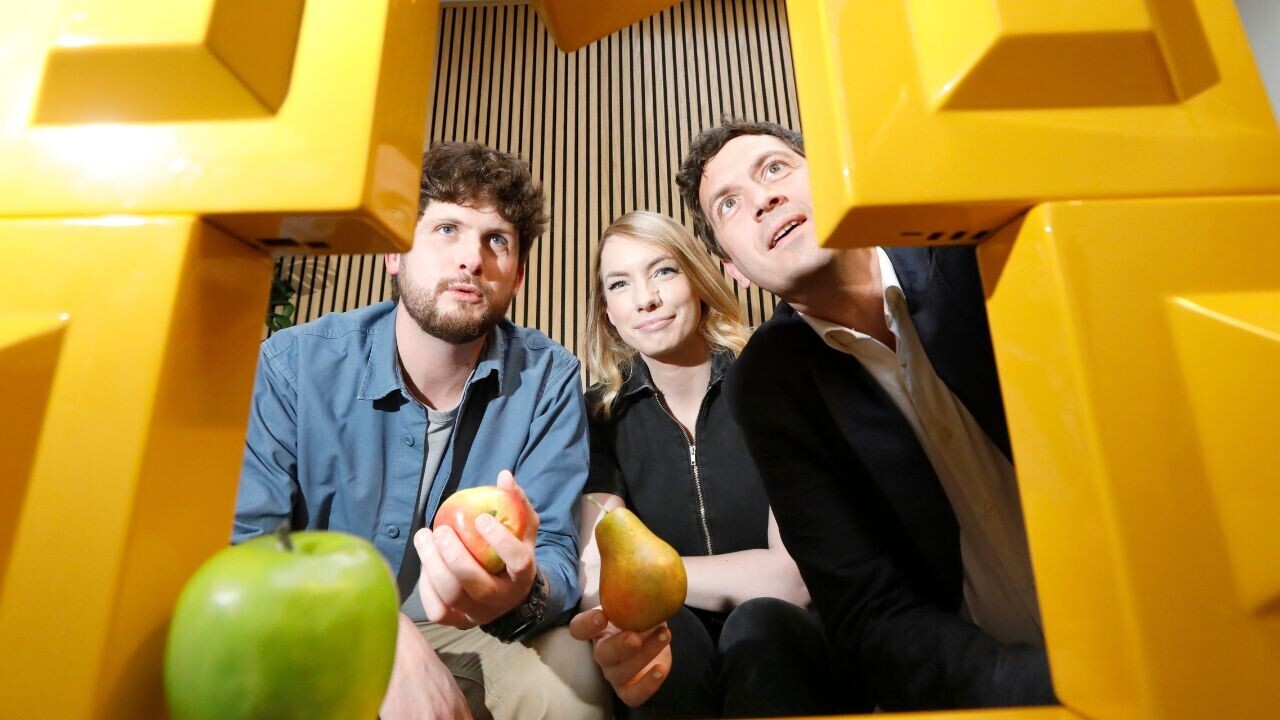Food waste has become a critical global issue. Almost 10% of the 8 billion people on Earth are undernourished, but nearly a third of the food on our planet is trashed before it’s eaten.
A startup called Positive Carbon has proposed a solution. The Irish company has developed a sensor-based system that tracks, traces, and reduces food waste.
According to the startup, the tech has triggered 50% reductions in waste — saving over 4,000 tonnes of food. Designed for commercial kitchens, the tech can cut costs as well as litter.
Mark Kirwan, Positive Carbon’s CEO, told TNW that hotels, hospitals, workplaces, and university campuses could all reap the benefits.
“Our technology is not just a tool for reducing food waste; it’s the driving force behind fostering a sustainable ecosystem that benefits businesses, the environment, and society at large,” he said.
How it works

Positive Carbon uses both camera and lidar sensors. Perched on the ceiling above food bins, they autonomously track exactly what enters the bin.
The sensors are connected to the customer’s purchasing software. As a result, the system can monitor what a business buys and connect that information to the waste.
The data is then aggregated to generate targeted interventions. Purchasing plans can then be adjusted accordingly. That might mean buying less of a specific ingredient, preparing fewer portions of a specific dish, or simply putting less food on plates.
Future plans

Positive Carbon today announced that the company has secured a fresh €2.3mn in seed funding.
The cash injection is a further boost to Kirwan’s plans. He envisions the tech tracking nutritional content, suggesting real-time menu adjustments based on consumption patterns, and automating food ordering.
“Moreover, advancements in AI could enable the sensors to predict future waste patterns, thereby pre-emptively advising on procurement and portion control,” he said.
As the tech becomes more refined and cost-effective, it could even enter domestic kitchens. If that happens, we could enjoy personalised meal planning and shopping list automation. And all while saving our scarce supplies from the trash.
Get the TNW newsletter
Get the most important tech news in your inbox each week.





